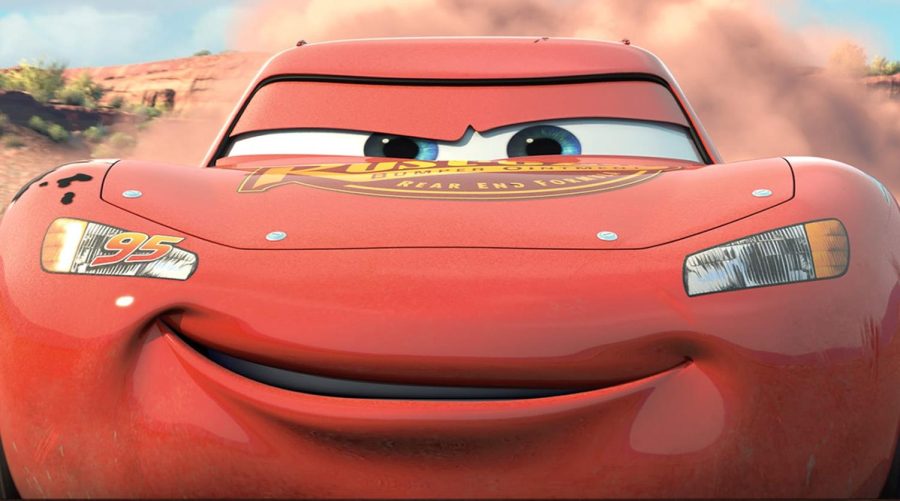Cars: What’s up with them?
December 7, 2022
Why is it the case that cars are everywhere? Our infrastructure is entirely built for cars, industries like fast food are nothing without the automobile, kids are taught what a car looks like at the same time as grass, the sky, a tree.
It’s also very inefficient to have one combustion engine, in one car, haul one, two, or even eight people if we’re talking about a minivan. A full-sized bus also has one engine, just the one, and can transport around 50 people! For everyone to have their own car, in terms of market costs, in terms of resources, in terms of where we put our labor — it sucks ass!
At the same time I say this, I was very excited to start financing my used 2015 Chevy Malibu. I love to drive it, top off its tank, investigate every little noise coming from the engine bay… I already named him Bobby, right after I stuck two Sausage McGriddles in his stereo storage compartment, just to see that weird little feature in action. Bobby!
Cars suck, and I hate them, but I love Bobby, and I love car talk and mechanical elements of cars and doing my own diagnostics. So why does something so wrong feel so right?
My instinct leans towards a car as a status symbol, something to say that you’re an adult, independent, you can get where you need to go, whatever. I wouldn’t be nearly as fascinated by cars if I didn’t drive one myself, I’d have no real reason to care.
There probably is some material basis for this status associated with a car, too: geographically, the U.S. is huge. When cars were first getting into broad consumer markets (Henry Ford, assembly line, cheap market price, yaddah yaddah), people were very broadly able to have their own means of transport across this giant hunk of land, their own property that enabled them to get where they needed to go. Getting from point A to B, without the railway, without a bumpy, uncomfortable wagon, and without a horse that was liable to take a fat dump or even drop dead in the middle of your trip.
The importance of property has been built up as human society evolved, for millennia, and for the relative scarcity that people faced at that time, I imagine that a Model T was an independence you couldn’t reasonably resist.
In order to achieve a world of buses, any public transport really, devoid of cars, I imagine we’d need to spend centuries reshaping and relearning property, how much it means, and why it does or doesn’t matter. The biggest threats of a car are the emissions and non-renewability of petroleum.
EV tech is moving towards ‘saving’ the automobile, eliminating its biggest problems, but not fast enough. Research as we know it is overwhelmingly driven by markets and prices. We’ll tackle this in the next editorial of the series, “Cars 2: What can we do?”





















